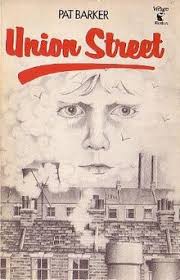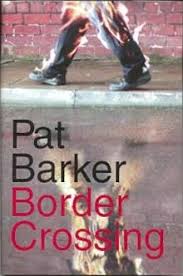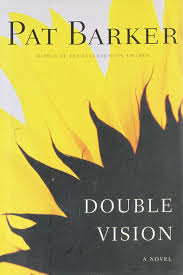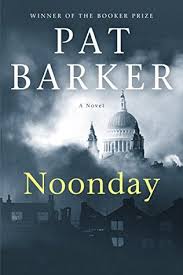Real Lives, Real History
Literature is not what we tend to think of when considering “reality.” Nonfiction has the facts, right? Good literature, though, can convey much more than a story, an article, or a work of history. It carries with it a truth that helps the reader understand more.
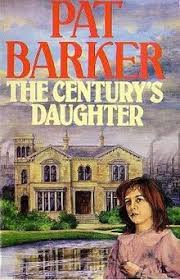
History – and understanding – are powerful themes in Pat Barker’s 1986 novel, The Century’s Daughter. It’s the third novel Barker published and it builds off the close study of working class women in northern England from her two previous works, Union Street and Blow Your House Down. The key characters here are Liza Jarrett Wright, who was born at the start of the century, and Stephen, a young social worker. The novel’s protagonist is the power of poverty, war and hardship – along with violence and the lack of love – and its impact on human lives. Women’s lives take center stage. This is a novel of blood, phlegm, constraints and tears.
Liza’s lot in life was hard, but not without impact or meaning. Her parents never loved her and she married poorly because of an unplanned pregnancy. The world wars killed many of those important to her, altering lives and living circumstances. She struggled for self and family, and through it all maintained hope and dignity. Barker never sentimentalizes. Even with some tenderness and empathy, there is little soft in Liza’s story.
Stephen, who is charged with moving Liza from her soon to be demolished home, faces a different set of challenges. He’s estranged from his family. He is gay, uncomfortable with himself and his choices. Stephen’s father dies of cancer, and it is in his death that Stephen gains a greater sense of humanity and need. Stephen and Liza become friends and through their interactions, thoughts and lives, we gain a broader sense of themselves, their histories, and their communities. Stephen at times, though, seems more of a lens than a fully realized person.
It’s neither easy nor pretty. Barker makes it all compelling, though. Her prose is unfailingly sharp and clear. Her insights are deftly delivered. It is compassionate and hard. Century’s Daughter is a haunting novel.
David Potash
